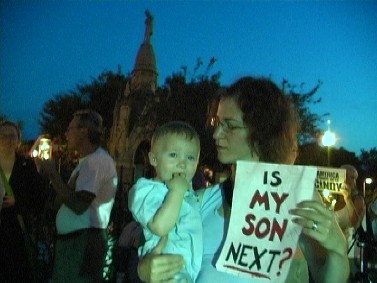How web of activists gives Coke problems in India
Amit Srivastava doesn't own a car or a house. He runs a nonprofit, activist organization in California that has only one full-time employee -- himself. But he has been helping shake up one of the world's biggest corporations, Coca-Cola Co., thousands of miles away in India.
Speaking on a tour of U.S. college campuses in April, he accused Coke of egregious offenses in India: stealing water, poisoning land and selling drinks laced with dangerous pesticides. "It is destroying lives, it is destroying livelihoods and it is destroying communities all across India," the pony-tailed, 39-year-old college dropout told dozens of students at Smith College in Northampton, Mass. "That is the story of Coca-Cola in India."
Coca-Cola, which considers India a crucial element in its plans for global growth, wasn't invited to Smith to tell its version of the story. But the Atlanta-based soft-drinks giant is well aware of Mr. Srivastava's activities. Coke acknowledges he is a central figure in a burgeoning global campaign by nonprofits -- commonly known abroad as nongovernmental organizations, or NGOs -- that has cost it millions of dollars in lost sales and legal fees in India, and growing damage to its reputation elsewhere.
Mr. Srivastava and the NGOs have flagged some serious issues, such as Coke's onetime practice of giving away waste material to local farmers that some studies later showed contained toxic materials. But amid the heated rhetoric, there have been some dubious claims as well. Mr. Srivastava, for example, has compared Coke's environmental practices to the industrial accident at Bhopal, which killed thousands.
By Steve Stecklow, The Wall Street Journal

 Song for Cindy Sheehan Video
Song for Cindy Sheehan Video




































 Madeleine BAROUKHEL-MOUREAU
Madeleine BAROUKHEL-MOUREAU 




























0 Comments:
Post a Comment
<< Home